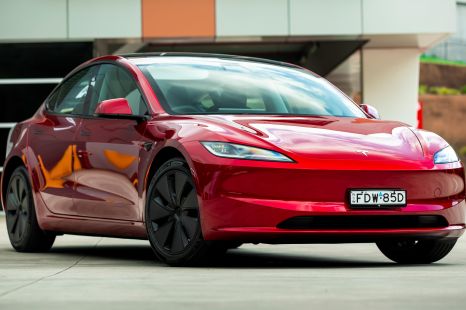

Damion Smy
China bans Tesla-style door handles
1 Hour Ago

Contributor
Ford has set itself some tough electric vehicle sales targets for the near-term, and has a plan to ease battery supply and cut costs.
The Blue Oval this week announced it will add lithium iron phosphate (LFP) batteries to its Mustang Mach-E SUV in North America from 2023, and to the F-150 Lightning pickup from early 2024.
These LFP batteries will be produced by Chinese giant Contemporary Amperex Technology Co. Ltd. (CATL).
CATL currently supplies LFP batteries to the Chinese-built Tesla Model 3 and Y, and also to other well-known automakers including BMW, Honda, Volvo and the Volkswagen Group.
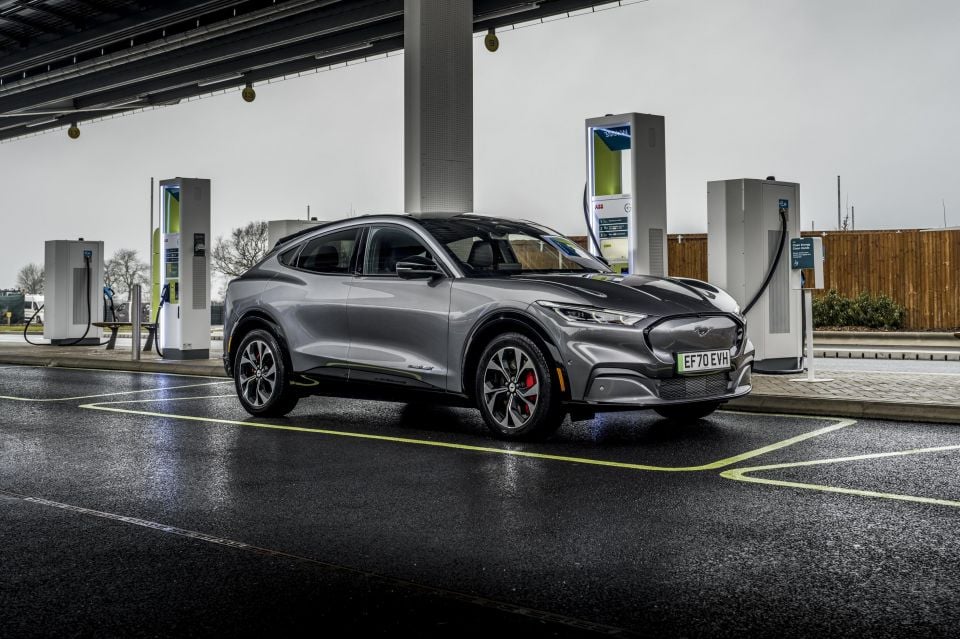
Ford and CATL have also signed a non-binding memorandum of understanding to explore cooperation to supply batteries in Ford’s markets across China, Europe and North America.
Interestingly absent is the mention of Australian or Oceania.
The Blue Oval notes that it still plans to offer the existing nickel cobalt manganese (NMC) battery chemistry in its EV portfolio, but the LFP batteries will have “minimal range loss” and apparently cut material costs by between 10 and 15 per cent compared to current NMC batteries.
LFP battery chemistry is traditionally cheaper and safer than nickel-based batteries, but the cells are less energy dense, which means they offer a shorter range.
LFP batteries are also able to be regularly charged to 100 per cent without risking the long-term lifespan of the battery, but they aren’t as efficient in colder weather.
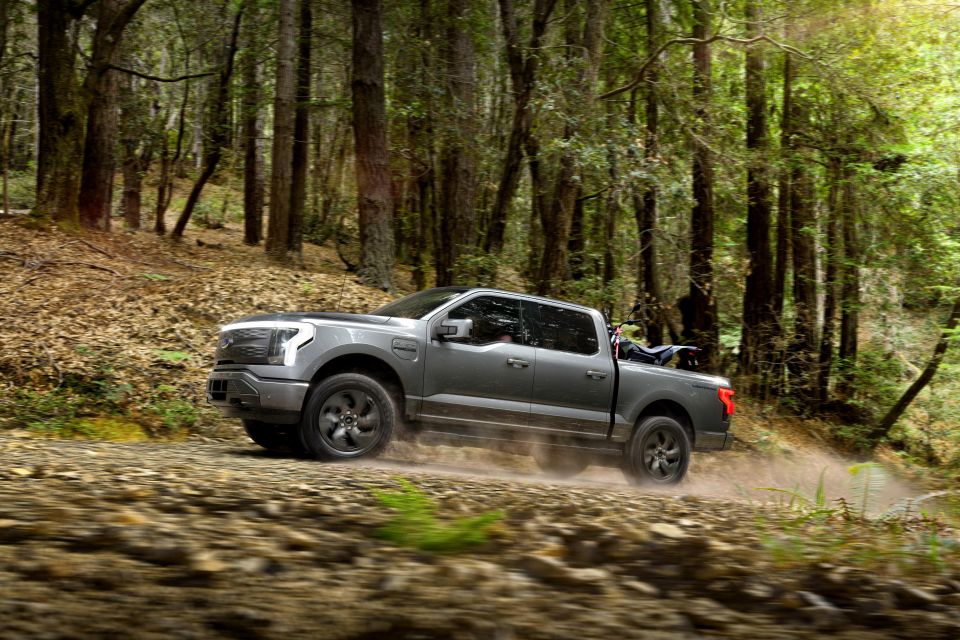
They’re therefore seen as best suited to standard-range cars, heavy commercial vehicles and energy storage systems.
In other words, the Mustang Mach-E and F-150 Lightning are perfect candidates for LFP batteries.
It’s still unclear if this cheaper-to-produce battery chemistry will translate into a cheaper asking price, or if it’ll just mean Ford will be able to produce the cars faster.
Ford added it plans to start North American production of LFP batteries in 2026.
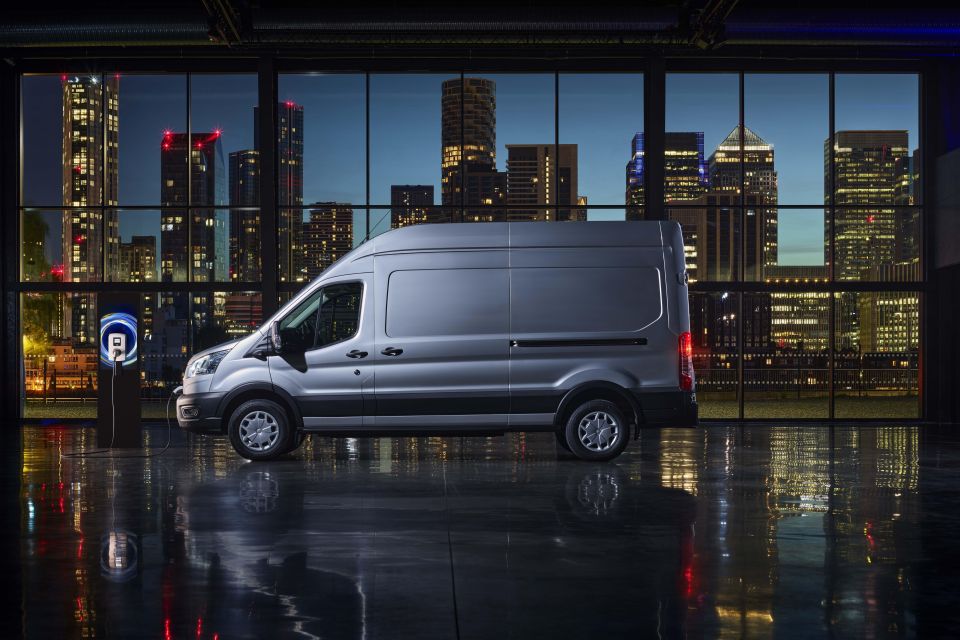
This announcement of adding LFP batteries to the Mustang Mach-E and the F-150 Lightning is just one of a number of initiatives Ford has made as it details its future EV production goals.
The Blue Oval says it has already secured 100 per cent of the annual battery cell capacity needed to produce a total of 600,000 EVs in 2023.
This targeted 2023 EV production figure comprises 270,000 Mustang Mach-E crossovers for North America, Europe and China; 150,000 F-150 Lightning pickups for North America, 150,000 E-Transit vans for North America and Europe, and 30,000 of a new SUV for Europe.
As previously detailed, this new SUV for Europe is going to be based on the Volkswagen Group’s MEB all-electric architecture and is thought to be closely related to the Volkswagen ID.4.
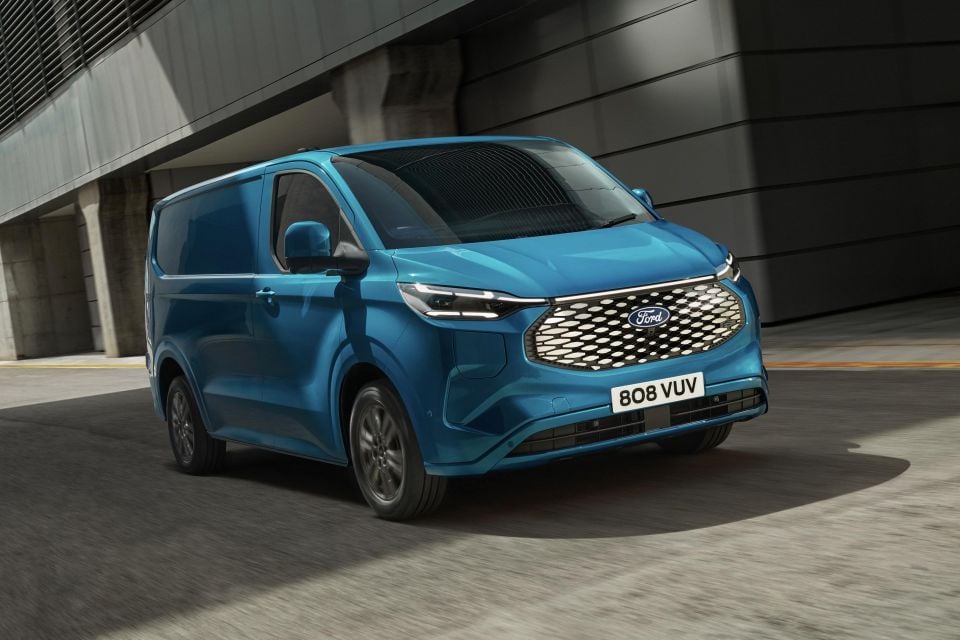
Following this 2023 annual EV production goal, Ford aims to produce over two million EVs annually by 2026.
The Blue Oval says it’s already sourced approximately 70 per cent of the battery capacity to support this targeted 2026 annual production rate.
In addition, Ford is intending to boost capacity with its existing joint ventures and is also in talks with raw material and lithium mining companies. These include Australian mining companies BHP and Rio Tinto.
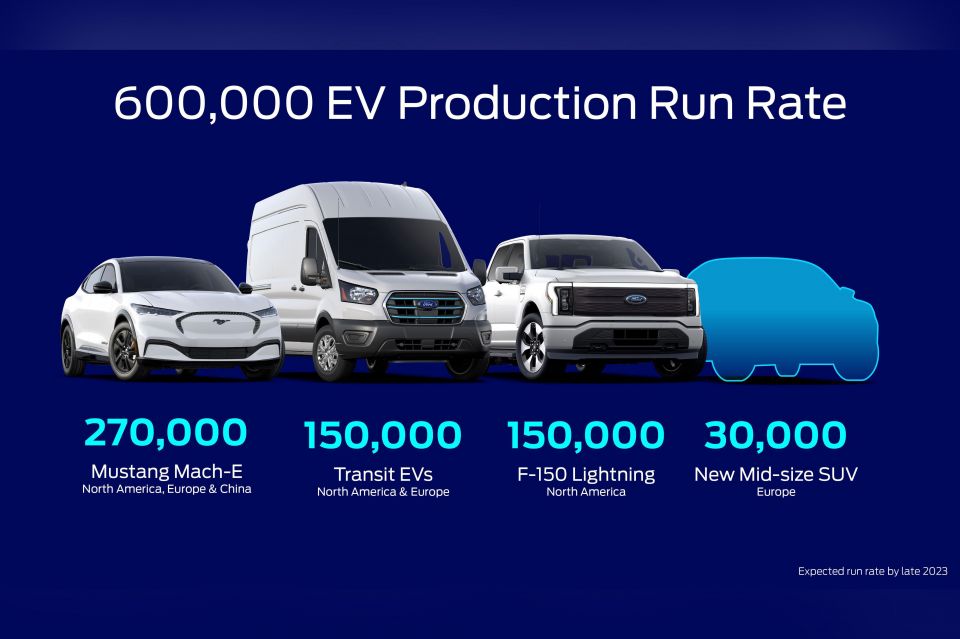
While the Mustang Mach-E and F-150 Lightning remain off-limits to Australia thus far, Ford Australia will introduce its first EV this year with the E-Transit.
Ford Australia has announced it plans to introduce five electrified vehicles by the end of 2024, including the E-Transit and E-Transit Custom electric vans, and the Escape plug-in hybrid.
It has yet to confirm what the others will be. In addition to the Mustang Mach-E already available overseas, Ford has indicated a Ranger plug-in hybrid is in the works, and confirmed it will launch seven pure-electric vehicles in Europe by 2024.
MORE:Ford developing LFP batteries for electric vehicles MORE: Ford Australia bringing five electrified vehicles by 2024 MORE: Ford plans seven new EVs for Europe, including Puma EV MORE: Ford spending $15.7 billion on new electric car production hubs in US
Where expert car reviews meet expert car buying – CarExpert gives you trusted advice, personalised service and real savings on your next new car.
Jack Quick is an automotive journalist based in Melbourne. Jack studied journalism and photography at Deakin University in Burwood, and previously represented the university in dance nationally. In his spare time, he loves to pump Charli XCX and play a bit of Grand Theft Auto. He’s also the proud owner of a blue, manual 2020 Suzuki Jimny.


Damion Smy
1 Hour Ago
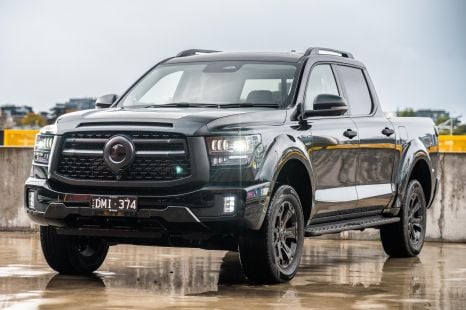

Damion Smy
2 Hours Ago
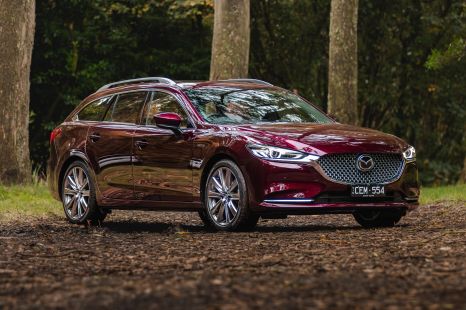

William Stopford
4 Hours Ago
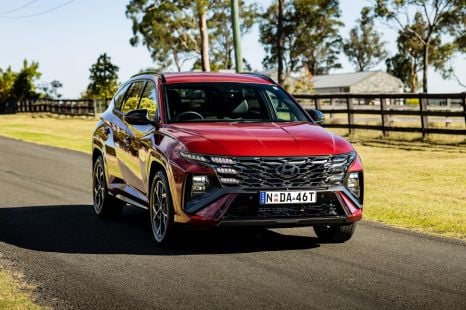

Matt Campbell
12 Hours Ago
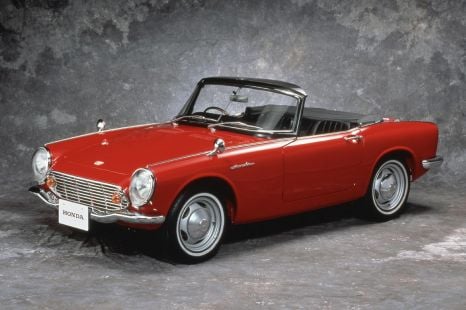

Max Davies
1 Day Ago
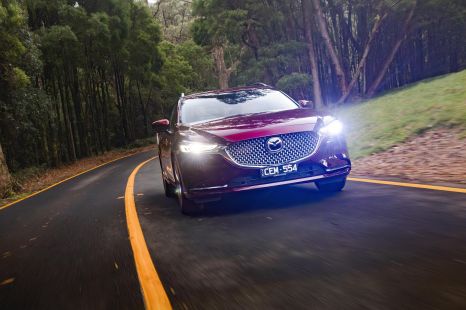

William Stopford
1 Day Ago